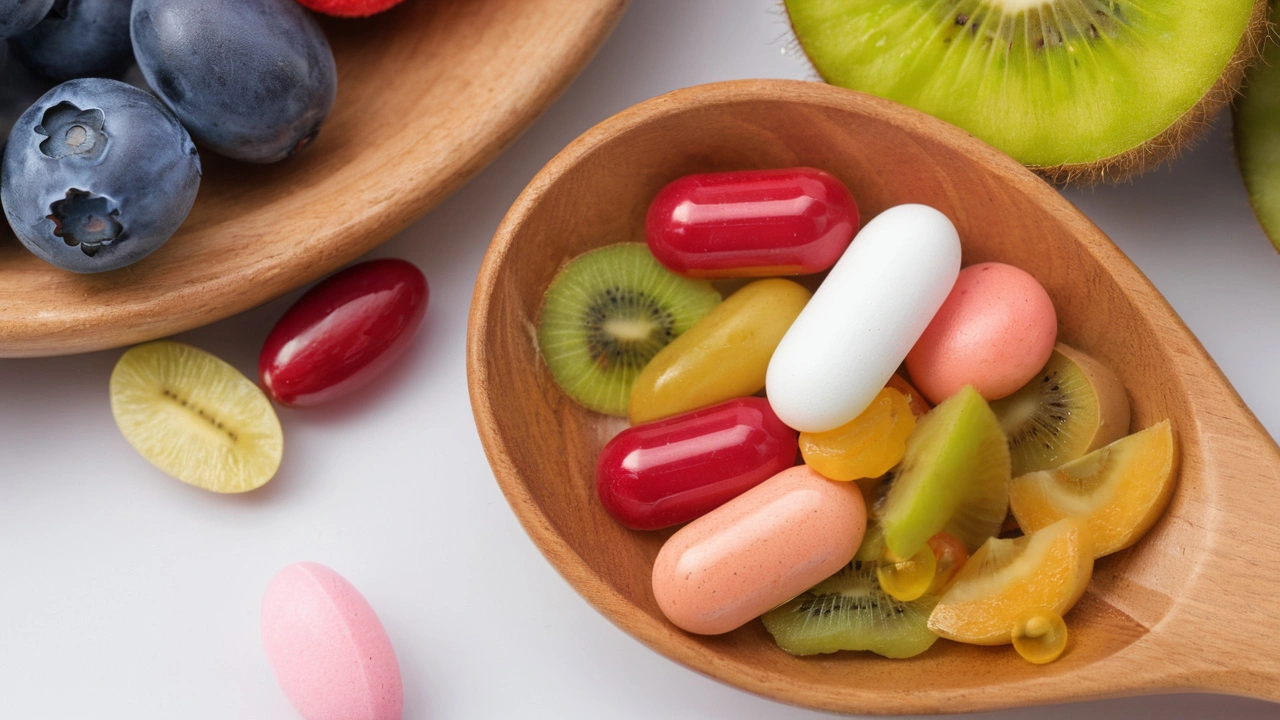Monsoon health tips for diabetes and medications
Monsoon brings relief from heat but also new risks—mold, infections, spoiled meds, and wet feet that invite problems. If you or someone you care for has diabetes, asthma, or takes regular medicines, a few simple habits can prevent big headaches. Below are clear, practical steps you can use right away.
Quick monsoon medication checks
Humidity and fluctuating temps can ruin medicines. Check labels for storage instructions: insulin and some liquid meds need cool, stable conditions. Use a small insulated pouch or a refrigerator drawer (not the freezer) for insulin when the home is damp and warm. Keep tablets in airtight containers with silica gels or desiccant packs to reduce moisture. Toss any medicine that shows discoloration, smell changes, or a broken seal.
If you order meds online, pick pharmacies with clear contact info, positive reviews, and a requirement for prescriptions for prescription-only drugs. Avoid sellers that skip prescription checks. Track shipments promptly—don’t leave temperature-sensitive packages in wet areas or under direct sunlight.
Daily habits that cut infection risk
Wet feet and damp shoes raise the chance of fungal and bacterial skin infections. Dry feet thoroughly after being outside, use breathable footwear, and change socks if they get wet. Inspect feet daily for cuts or blisters—people with diabetes need extra care because small wounds can turn serious fast.
Food and water safety matter more in monsoon. Drink boiled or bottled water, avoid street food that sits out, and eat hot, freshly cooked meals. Handwashing before meals and after being outdoors reduces gastrointestinal and respiratory infections.
Urinary tract infections often climb in humid months. Stay hydrated, pee when you need to, and wipe front to back. If you have recurrent UTIs, talk to your provider about specific prevention steps rather than self-medicating with leftover antibiotics.
Asthma and allergies can flare when mold and dust increase. Keep windows closed during heavy rains, use dehumidifiers if you can, and wash bedding weekly in hot water. Check rescue inhalers—shake them, test a dose spacer, and replace expired canisters. If you notice increased night coughing or waking drenched from sweats, tell your clinician; that may mean asthma or another issue needs attention.
Simple supplies make a big difference: a small first-aid kit, waterproof bag for prescriptions, extra desiccant packets, and an insulin travel cooler if you’re commuting. Keep emergency contacts and a list of current medicines with doses handy—store a digital copy in the cloud and a paper copy in a waterproof pouch.
Finally, listen to your body. Fever, spreading redness, persistent diarrhea, or a wound that won’t heal are signs to seek care fast. Small actions now—drying feet, storing meds right, safe food and water—save time, money, and health during the rainy season.

Heatwave and Monsoon Drive Surge in Infection Rates; Increased Sales of Augmentin, Liv 52, and Electral in June
Haig Sandavol Jul 30 19Heatwaves and the onset of the monsoon season have spurred a surge in infections, driving up the sales of antibiotics, liver tonics, and rehydration solutions in June. With Rs 22 crore more sales for Augmentin, Rs 14 crore for Liv 52, and Rs 13.5 crore for Electral compared to last June, the increase has been significant. Doctors report a rise in respiratory, gut, and urinary infections, along with pollen allergies and other vector-borne diseases.
More Detail